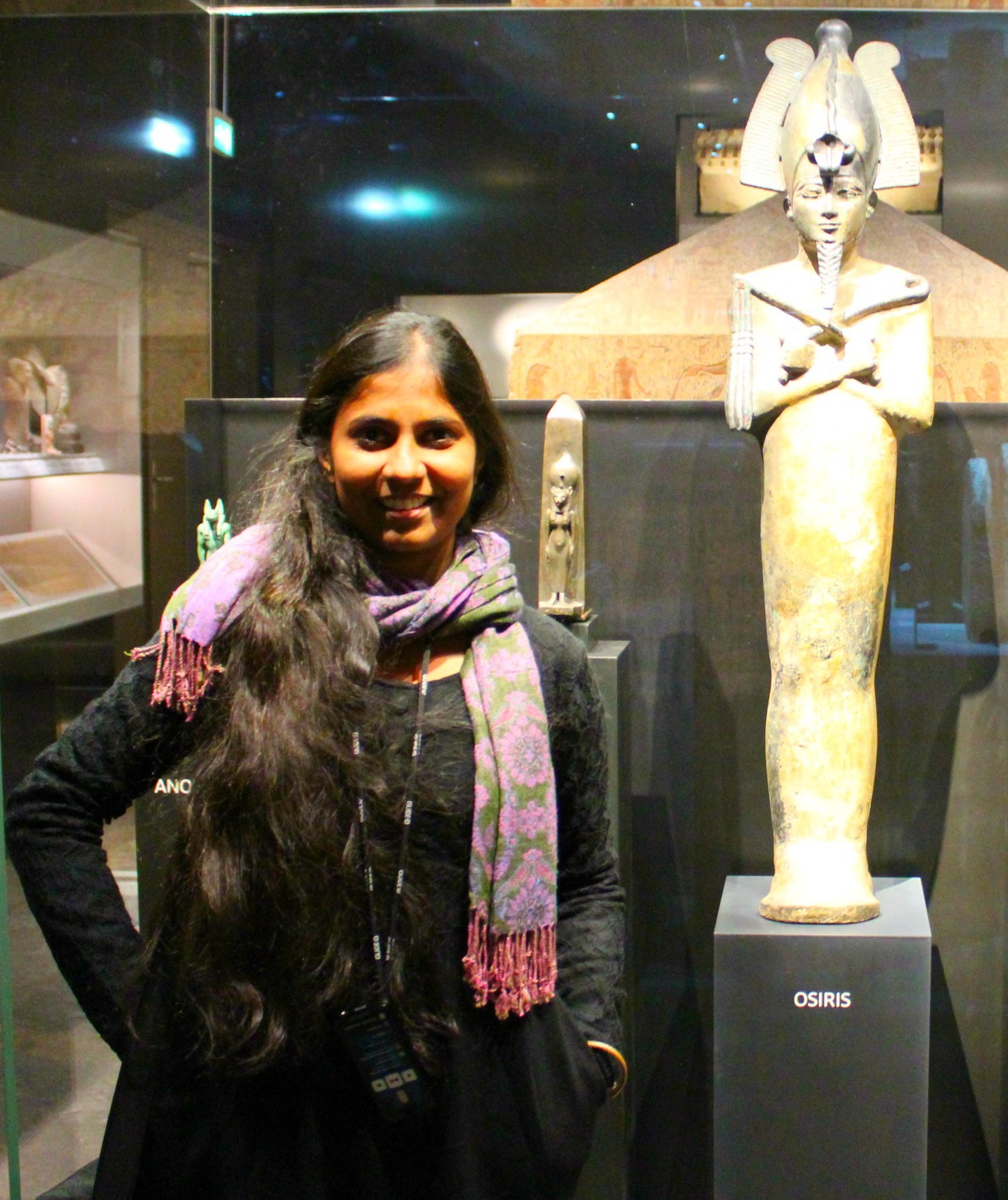Postgraduate students
Anushka Kahandagama, PhD candidate
Alternative Buddhist Trends in post-war Sri Lanka; The Rise of Gramavasi
Since the turn of the Millenium, alternative Buddhist groups have been mushrooming on the island. Dissimilar to established Buddhist temples, alternative Buddhist groups function within alternative frameworks and mostly attract youth and foreigners. One of the objectives of the research is to understand ways in which these alternative Buddhist groups deviate from the conventional or established Buddhist settings. Another is to understand the characteristics of the groups and place them in their larger socio-political and economic background. The study focuses on the transformation that occurred in the Lankan Buddhist scene at the end of the civil war.
Many scholars of Buddhism have engaged in understanding religious transformation in Sri Lanka. These scholars have identified different strands of Buddhism. For instance, Gombrich, Obeysekere and Malalgoda, examine how Buddhism was transformed under the reign of imperial powers. Another set of scholars have identified nationalist Buddhism as another subset. Nationalist Buddhism, with a longing for traditionalism and neo-traditionalism, emerged during the Buddha Jayanthi period (about c.1956). Moreover, Bond identifies the vipassana meditation movement as another manifestation that developed due to the Buddhist awakening in the 1950s (1988), which will eventually lead to the rise of meditating forest monks. Michael Carrithers in his book Forest Monks of Sri Lanka (1983) argues how there was a surge in forest monks in the late 19th century and a dramatic increase in the 1950s.
Another strand of Buddhism is Buddhist socialism. The post-colonial rule was more about 'how to build the nation?' Despite its Marxist-leanings, a nationalist front was forming. The Marxist-leaning parties were largely composed of westernized elites, with many Vidyalankara monks (Seneviratne 1999). The Vidyalankara monks emphasised Buddhist socialism over international socialism. By the mid-1950s, this left ideology had developed into Sinhala Buddhist chauvinism, more 'Buddhist' than 'socialist' (Seneviratne 1999). Tambiah develops his account of Buddhist transformation along the nationalist strand. He focuses on three leading activist monks who were engaged in Buddhist nationalism.
The current alternative manifestations of Sri Lankan Buddhism sneak through the ruptures of the above theorizations. The dearth of scholarship in understanding current alternative Buddhist manifestations made me interested in researching the subject area. In understanding the alternative Buddhist trends, I chose five Buddhist groups. I selected these groups as they manifest characteristics which are dissimilar to established Buddhist temples. However, these movements do not represent a complete profile of the current Buddhist scene on the Island but exhibit some novel characteristics. I intend to map, comprehend and analyse the characteristics of these new groups and compare those characteristics with the previous versions of Buddhism and contextualize in the post-war social structures. The alternative Buddhist groups draw from the previous transformations of Buddhism but simultaneously portray some fresh features as well.
The novel Buddhist movements have not received adequate scholarly attention. What links these groups together is their virtual presence, the foreign followers, the capability of attending four stages of Nibbana without becoming a monk, proposing sermons as the primary path to Nibbana rejecting the traditional idea of meditation as path to Nibbana, the blurred boundaries between laity and monks etc. Studying these new movements would open up a hitherto unexplored area of Sri Lankan Buddhism. The understanding of these new movements would be a valuable addition to the existing scholarship on Buddhism. This study is one of the first exertions in understanding these new alternative Buddhist groups rooting in the Island.
Supervisor: Professor Benjamin Schonthal
